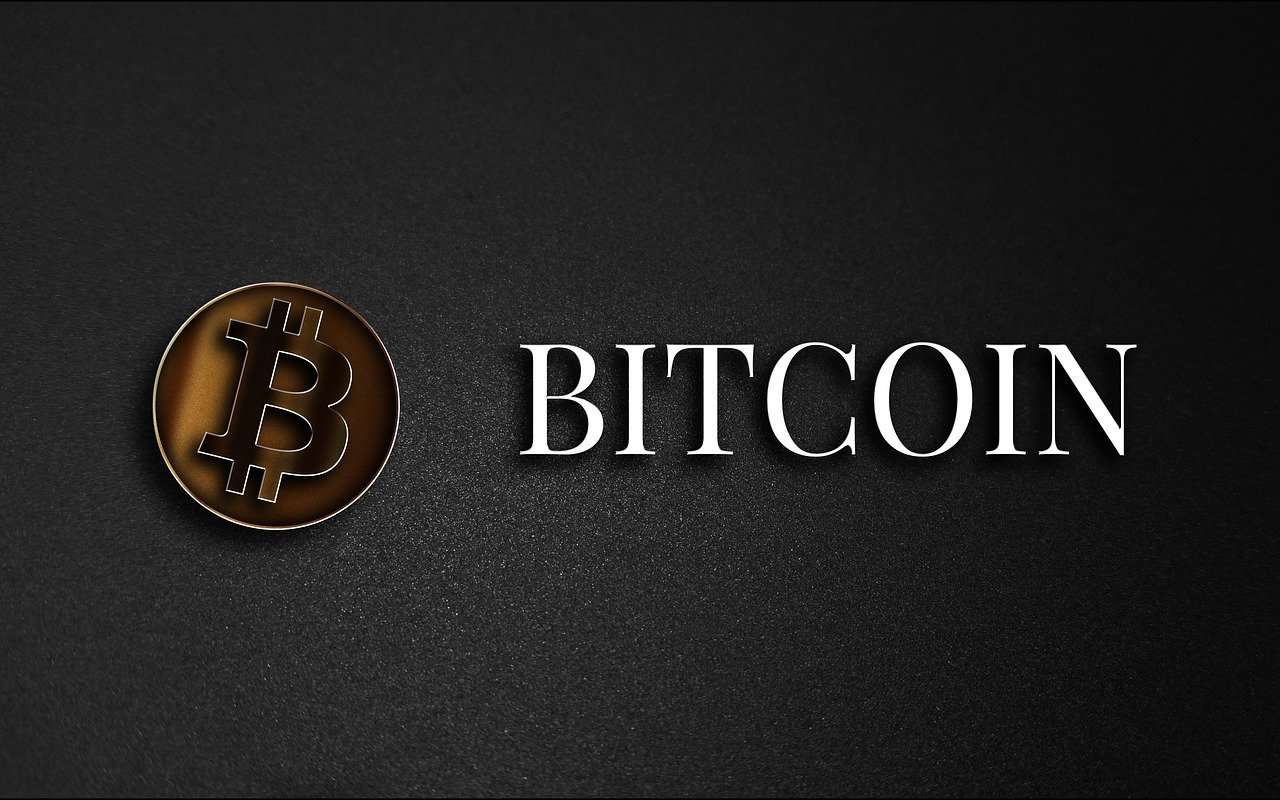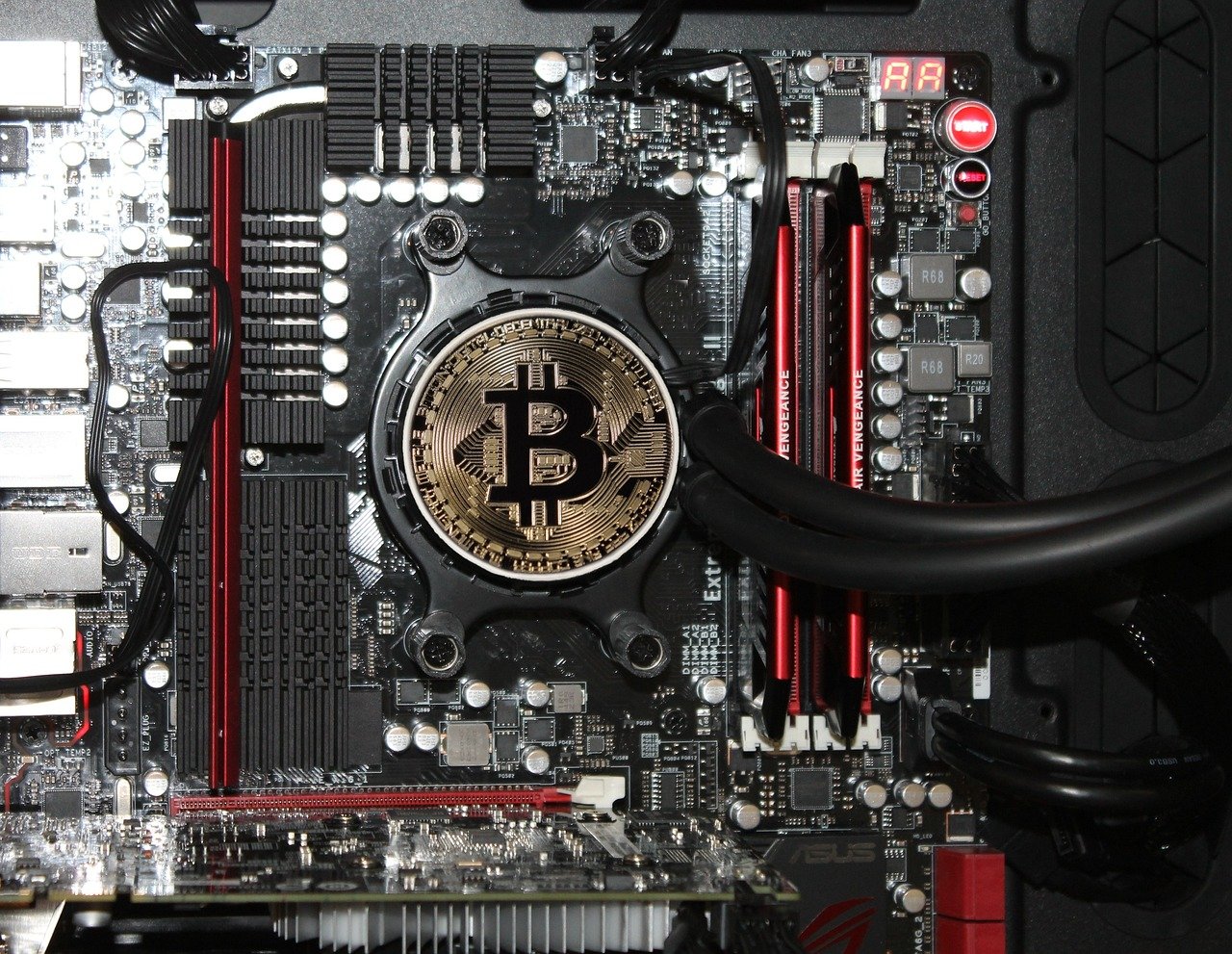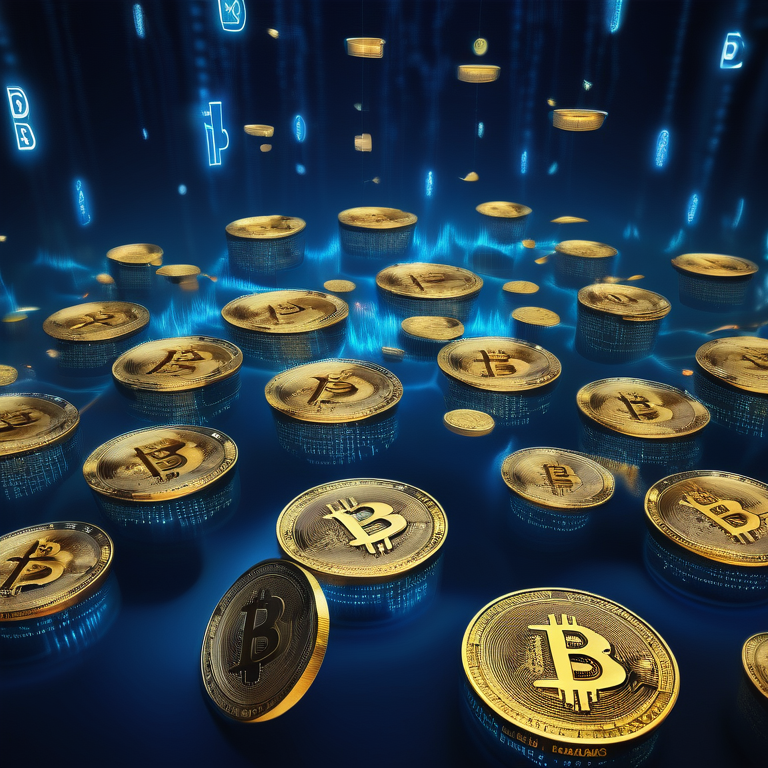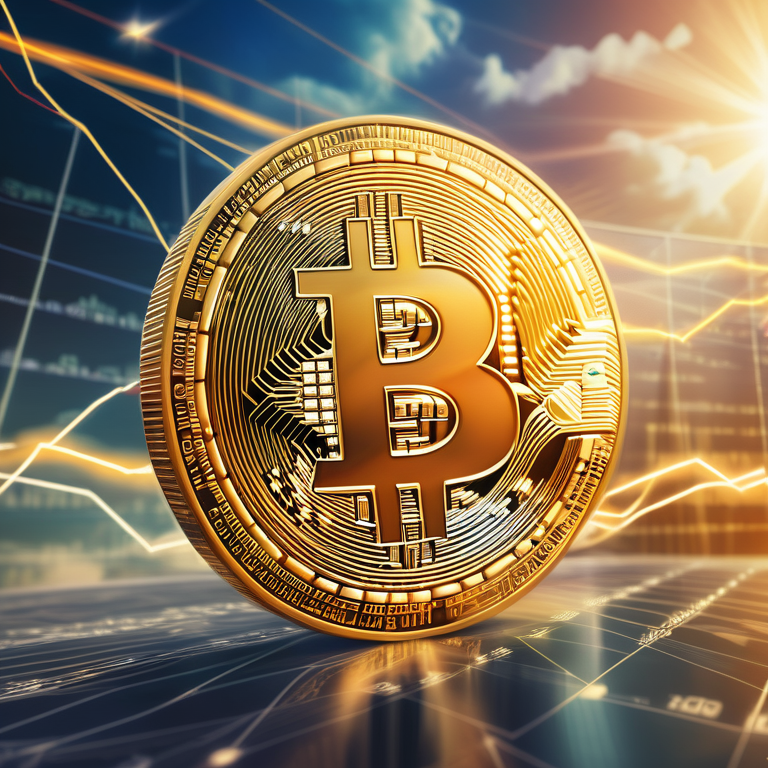https://libertyx.zendesk.com/hc/en-us/articles/360026655271-Buy-Bitcoin-From-an-ATM-Debit-Card-
https://libertyx.zendesk.com/hc/en-us/articles/115004187706-Which-bitcoin-wallet-should-I-use-
https://www.youtube.com/c/Beincrypto
https://coinatmradar.com/charts/buy-fees/
https://www.dotdashmeredith.com

Cryptocurrency is gaining popularity day by day, and with that, the usage of Bitcoin machines is increasing too. While these machines offer convenience and accessibility, transaction costs can be a bit tricky to understand. In this blog, we will dive deep into the world of Bitcoin machines and transaction costs. We’ll take you through an overview of Bitcoin machines, why transaction costs are necessary in the Bitcoin network, and how they work. We’ll also help you understand what factors affect these costs, how different Bitcoin ATMs have different transaction cost breakdowns and tips to minimize them. Lastly, we’ll provide real-world examples of Bitcoin machine transactions and discuss what the future holds for Bitcoin machine transaction costs. So if you’re someone who has been using or planning to use a Bitcoin machine for transactions, this blog is a must-read for you!
Understanding Bitcoin Machines and Transaction Costs
Bitcoin machines, found in retail stores, kiosks, and traditional ATMs, facilitate the exchange of fiat currency for digital currency and vice versa. They offer a convenient way for customers to buy or sell cryptocurrencies using wallet addresses, QR codes, or phone numbers. With the increasing popularity of Bitcoin depot services in the United States and Europe, these machines play a crucial role in the crypto market. Understanding the functioning of these machines and their transaction costs is essential for smooth BTC transactions.
An Overview of Bitcoin Machines
Bitcoin machines provide a secure and efficient way for users to buy and sell cryptocurrencies, catering to the increasing demand for digital currency exchange. These machines enable convenient crypto transactions and offer accessibility for exchanging digital currency for fiat currency. Users can conduct transactions using their digital wallet or debit card, making the process seamless and user-friendly. With the growing popularity of digital currency, bitcoin machines play a crucial role in bridging the gap between traditional and digital finance, providing a bridge for individuals to access crypto assets.
The Necessity of Transaction Costs in the Bitcoin Network
Transaction costs within the Bitcoin network play a crucial role in ensuring its security and integrity. These costs act as incentives for miners to validate and add transactions to the blockchain, leading to efficient processing. Additionally, they contribute to the sustainability of the network while preventing congestion and spam. By supporting the seamless processing of Bitcoin transactions, the associated costs enhance the overall functionality and reliability of the network.
The Structure of Transaction Costs in Bitcoin Machines
Bitcoin machines charge fees to cover operational and maintenance costs. Wallet transfer fees vary based on the digital wallet and blockchain network, while exchange fees reflect the market value of digital currency. Transaction fees are calculated based on network congestion and include verification and receipt generation. These costs ensure the continued operation and sustainability of Bitcoin machines, contributing to the secure and efficient exchange of cryptocurrencies.
The Role of Bitcoin ATM Fees
Bitcoin ATM fees encompass the costs related to operations and services, supporting the maintenance and accessibility of the network. They account for customer support, security, and regulatory compliance, and contribute to the continuous development and expansion of ATM services. These fees are employed by operators to ensure the sustainability and reliability of Bitcoin ATMs.
Wallet Transfer Fees vs. Bitcoin ATM Exchange Fees
When comparing wallet transfer fees and Bitcoin ATM exchange fees, it’s essential to note that the former pertains to the digital wallet provider and blockchain network, while the latter aligns with the real-time market value of digital currency. Wallet transfer fees may vary based on network congestion and transaction priority, whereas Bitcoin ATM exchange fees encompass transaction processing and network verification. Both types of fees aim to facilitate the seamless transfer and exchange of digital currency, albeit through different mechanisms and platforms.
Factors Affecting Bitcoin Machine Transaction Costs
Market conditions play a pivotal role in determining exchange rates and transaction fees at Bitcoin machines. Additionally, Bitcoin machine operators significantly influence transaction costs. Moreover, regulatory compliance has a notable impact on the transparency and structure of Bitcoin machine fees, shaping the overall cost dynamics. These factors collectively contribute to the variability and complexity of transaction costs associated with Bitcoin machines, reflecting the intricate interplay between market forces, operational decisions, and regulatory requirements.
Impact of Market Conditions
Market conditions play a pivotal role in shaping the volatility and exchange rates of digital currency, directly impacting Bitcoin machine transaction costs. The fluctuations in the cryptocurrency market have a ripple effect on the adjustment of exchange fees and transaction costs. These costs are highly responsive to changes in supply and demand for cryptocurrencies, as well as the market’s overall volatility, ultimately influencing the accessibility and affordability of Bitcoin machine services.
Influence of Bitcoin Machine Operators
Bitcoin machine operators wield significant influence in establishing exchange rates and transaction fees, and implementing strategies to enhance competitiveness. Their decisions directly impact the accessibility, convenience, and affordability of Bitcoin machines, driving the development and innovation of machine technologies. Operators continually strive to align transaction costs with customer needs and industry trends, playing a pivotal role in shaping the user experience and accessibility of Bitcoin machines.
The Effect of Regulatory Compliance
Regulatory adherence guarantees transparency, safety, and consumer security in Bitcoin transactions. The structure and disclosure of Bitcoin machine fees may be influenced by compliance requirements. Compliance fosters trust, dependability, and lawfulness within the Bitcoin ATM industry, supporting the fight against scams, fraud, and illicit activities. Additionally, it contributes to the sustainability and legitimacy of Bitcoin machine operations, ensuring a secure and reliable market for crypto transactions.
Transaction Cost Breakdown at Different Bitcoin ATMs
Bitcoin ATM transaction costs differ based on factors like location and operator. These costs may comprise exchange, network, and operator fees. While some Bitcoin ATMs impose high charges, others offer more competitive rates. The breakdown of transaction costs at Bitcoin ATMs can significantly impact the overall expense of purchasing or selling Bitcoin, making it vital to comprehend the fee structure for informed decision-making.
Bitcoin ATMs by Shitcoins. club
Shitcoins. club offers a widespread network of Bitcoin ATMs in various locations, easily accessible through digital wallets or a Bitcoin ATM map. The Bitcoin ATM fees at Shitcoins.club are competitive and transparent, with dedicated customer support for transaction inquiries. Using Shitcoins.club Bitcoin ATMs provide convenient access to digital currency exchange in retail stores, ensuring a seamless experience for users.
Coinstar Bitcoin Machines
Coinstar Bitcoin machines offer a user-friendly interface, enabling convenient cash transactions for buying and selling Bitcoin. These machines support fiat currency exchanges, enhancing accessibility to a broader audience. Transaction fees are applied based on the transaction amount, allowing users to verify details before finalizing their Bitcoin purchase or sale. Integrating NLP terms such as “bank account,” “bitcoin depot,” and “bitcoin wallet” will further enrich the discussion on Coinstar Bitcoin machines within the United States.
Coin Cloud Bitcoin ATMs
Operating a reliable network of Bitcoin ATMs in various locations, Coin Cloud offers seamless transactions using a debit card, phone number, or digital wallet address. Users benefit from competitive exchange rates and transparent fee structures. Stringent verification ensures compliance with regulatory standards, providing a secure experience with minimal transaction fees. Utilizing Coin Cloud’s ATMs optimizes the Bitcoin transaction process, aligning with regulatory requirements and international standards for AML.
Tips to Minimize Bitcoin Machine Transaction Costs
When minimizing Bitcoin machine transaction costs, consider selecting a machine with lower fees, timing transactions during network lulls, and comparing fees and exchange rates. Be vigilant for hidden charges and conduct thorough research on operators. This strategic approach can lead to significant cost savings, ensuring a seamless transaction experience.
Choosing the Right Bitcoin Machine
When choosing a Bitcoin machine, consider proximity and accessibility to minimize travel costs. Opt for machines offering competitive exchange rates and lower transaction fees. Prioritize user-friendly interfaces with clear transaction instructions. Ensure the machine supports the desired transaction type, such as buying or selling Bitcoin. Check for available customer support for troubleshooting potential transaction issues. Incorporating these factors can enhance the overall experience of using a Bitcoin machine.
Optimal Timing for Transactions
Choosing the most favorable time for Bitcoin transactions can significantly impact transaction costs. Transaction costs are influenced by factors such as transaction size and network congestion. Understanding miner fees and their effect on transaction confirmation times is crucial. To minimize costs, optimize transaction size, and stay informed about changes in the Bitcoin network and transaction fees. Keeping abreast of these changes ensures cost-effective transactions.
Real-world Examples of Bitcoin Machine Transactions
Bitcoin machines, including ATMs and kiosks, facilitate various transactions. Transaction fees can be impacted by factors like network congestion and transaction size. Real-world examples of Bitcoin machine transactions illustrate the associated costs. Understanding these costs is essential for maximizing the Bitcoin machine experience. These examples provide practical insights into the dynamics of Bitcoin machine transactions and offer valuable lessons for individuals engaging with this technology.
Case Study 1: High Transaction Cost Scenario
In the context of Bitcoin machines, transaction costs play a crucial role in determining the overall cost of using these services. Imagine a hypothetical scenario where transaction costs are high, leading to increased expenses for users. Several factors can contribute to high transaction costs, including network congestion and fluctuating miner fees. In such situations, users may explore alternatives to using Bitcoin machines or consider optimizing their transactions by choosing the right timing and transaction size.
Case Study 2: Low Transaction Cost Scenario
In a low transaction cost scenario, choosing the right Bitcoin machine is crucial for minimizing fees. Optimal timing for transactions and selecting Bitcoin ATMs with lower fees can make a significant difference. For example, using a Bitcoin machine that offers wallet transfer directly to your bank account can result in lower overall charges. Additionally, considering the impact of regulatory compliance on fees is essential in this scenario.
What Does the Future Hold for Bitcoin Machine Transaction Costs?
The future of Bitcoin transaction costs is influenced by network demand and block size. The Lightning Network aims to decrease fees and increase speed. Layer 2 scaling solutions may further reduce fees. As bitcoin adoption grows, fees may stabilize. Innovations like Schnorr signatures could potentially lower transaction costs.
How Can Regulation Impact Bitcoin Machine Fees?
Regulation plays a crucial role in determining Bitcoin machine fees. Compliance costs may increase due to stricter regulations, leading to higher transaction fees. However, clear regulations can contribute to a more stable fee environment. Additionally, compliance with Know Your Customer (KYC) requirements can influence the fees charged by Bitcoin machines. Regulatory changes can also impact accessibility and ultimately affect transaction fees.
Conclusion
In conclusion, transaction costs are an inherent part of using Bitcoin machines. These costs ensure the smooth functioning of the Bitcoin network and help maintain the security and integrity of transactions. Factors such as market conditions, operator policies, and regulatory compliance can influence the transaction costs associated with Bitcoin machines. Users need to be aware of these costs and take steps to minimize them, such as choosing the right machine and timing transactions optimally. As the cryptocurrency landscape continues to evolve, there may be changes in regulations that could impact Bitcoin machine fees. Users need to stay informed and adapt to any changes to make the most cost-effective transactions.




